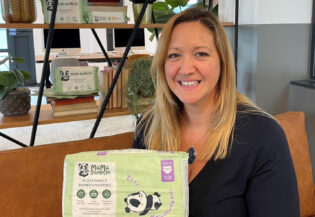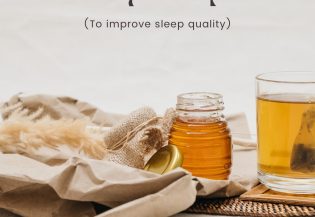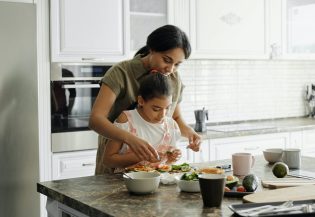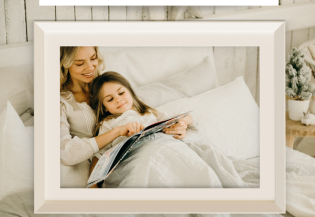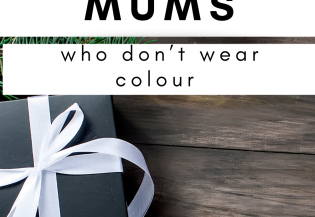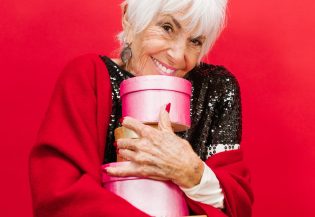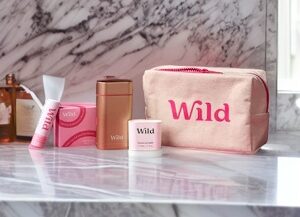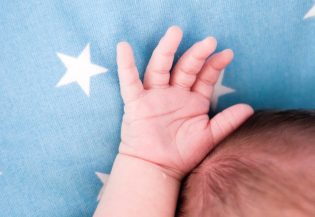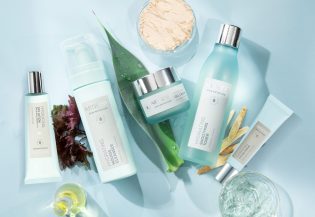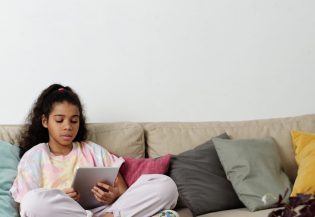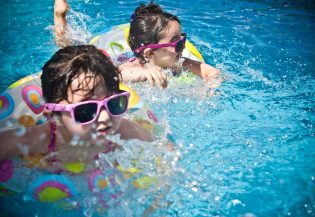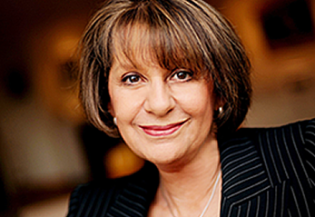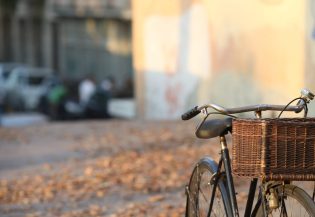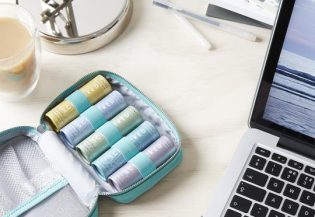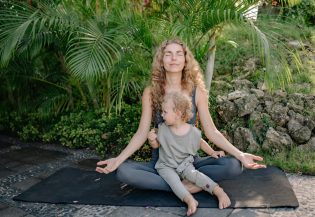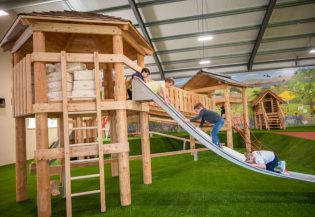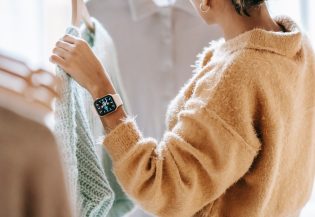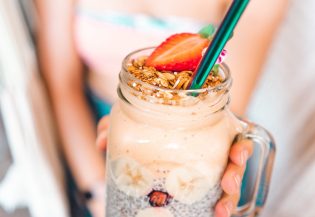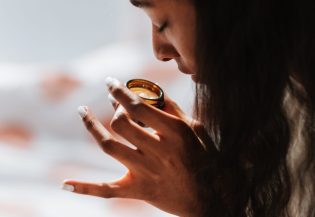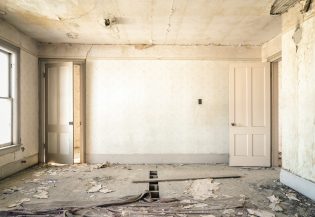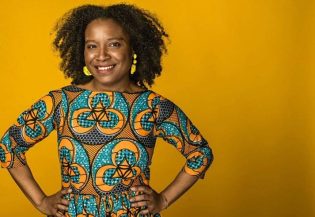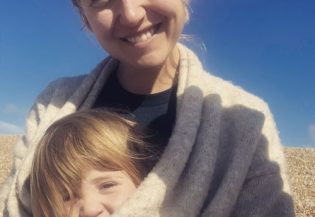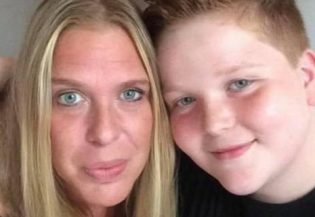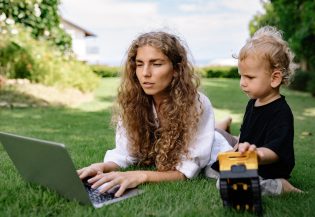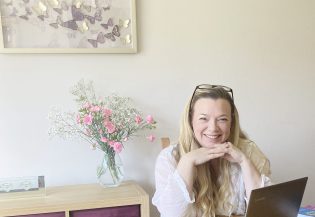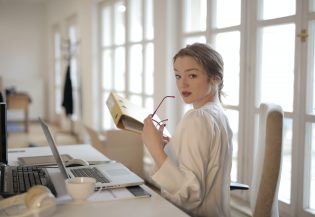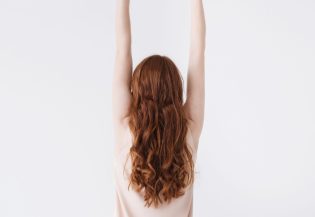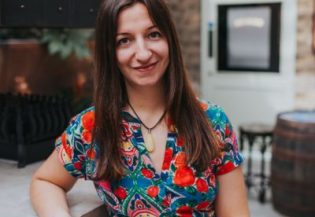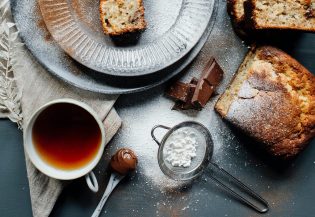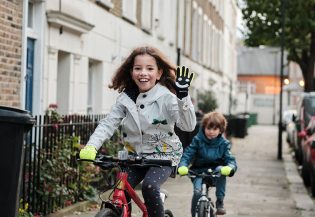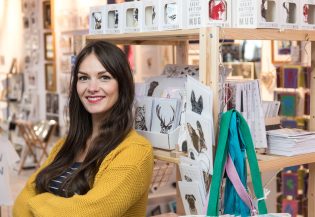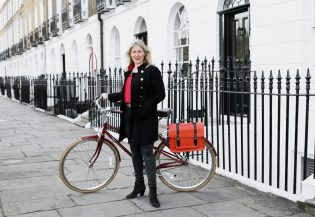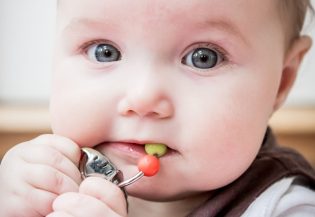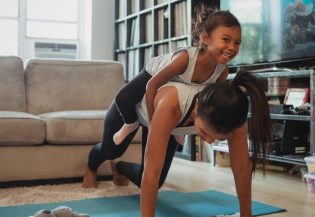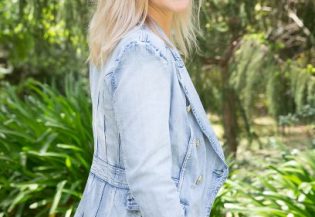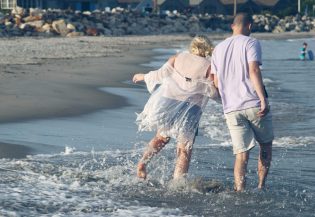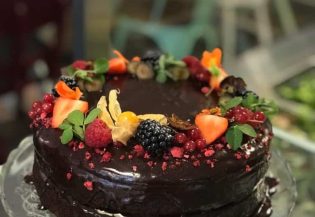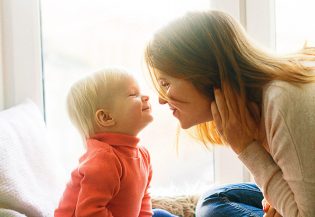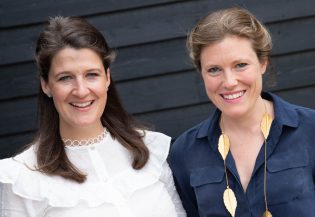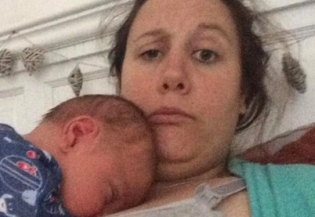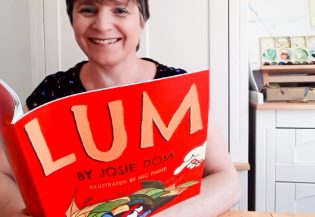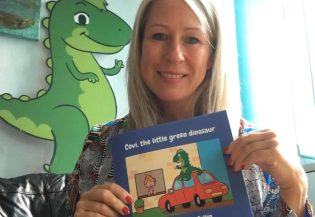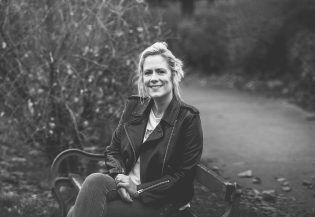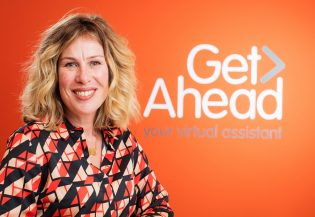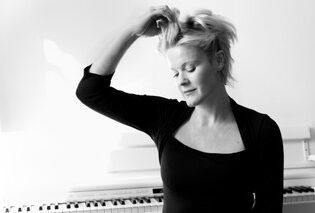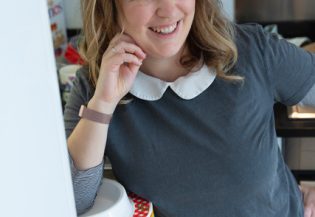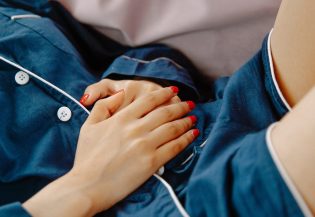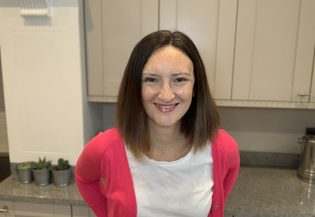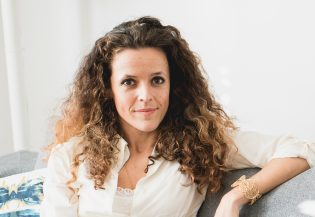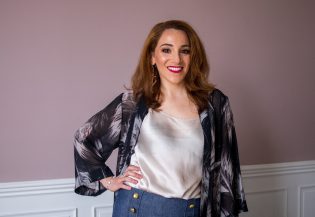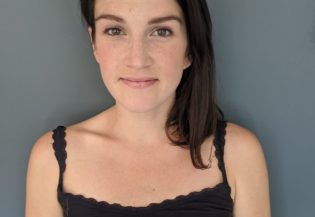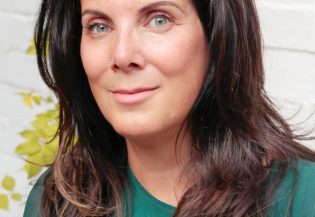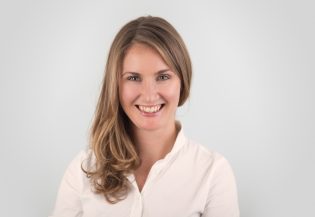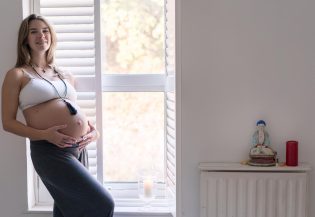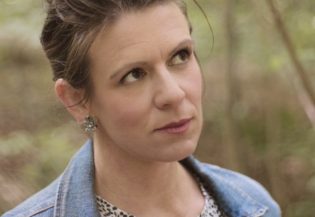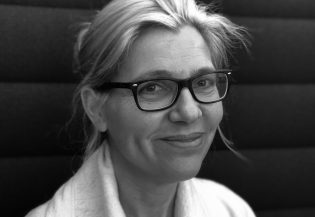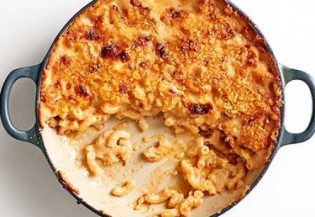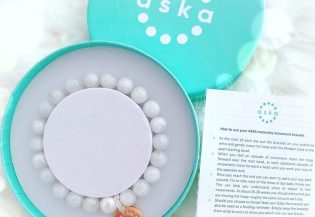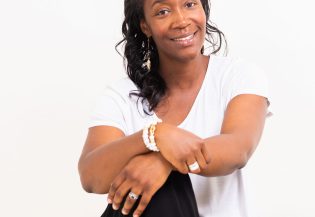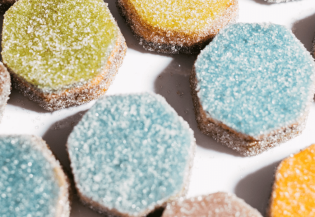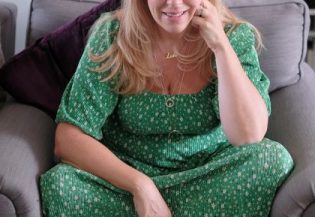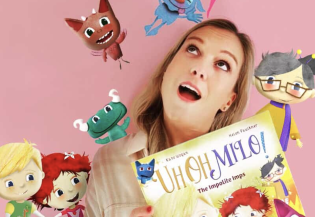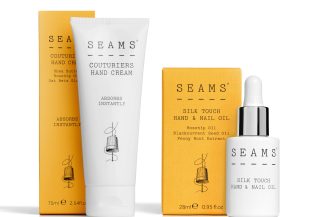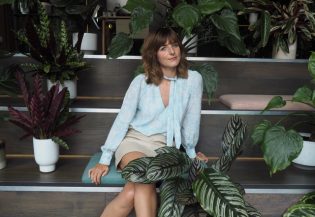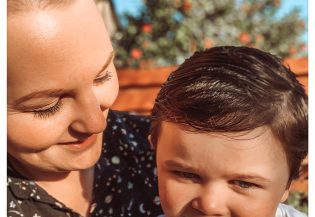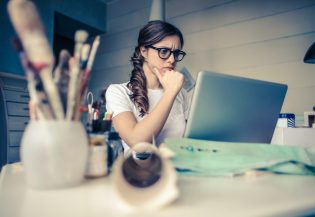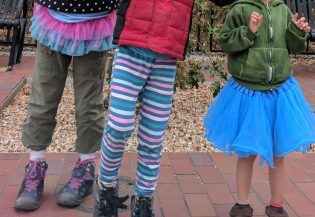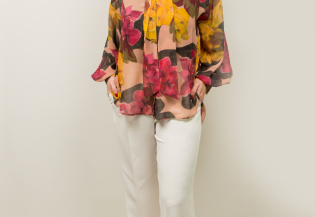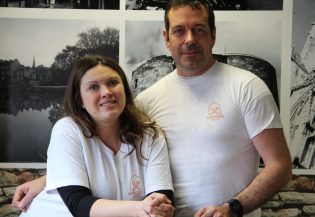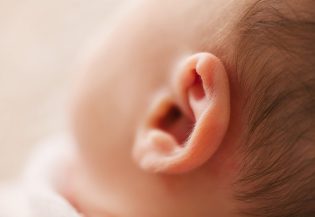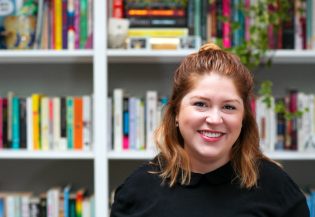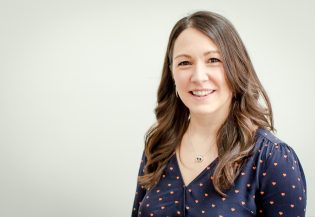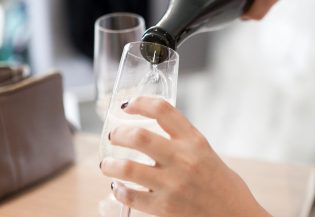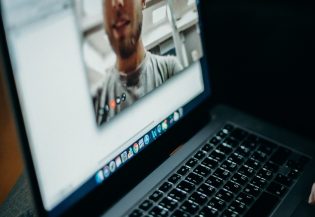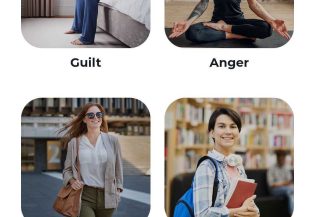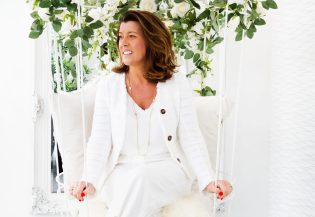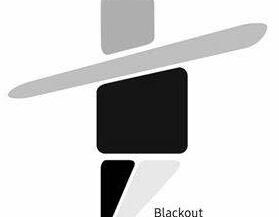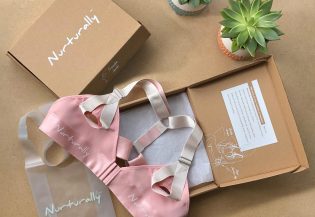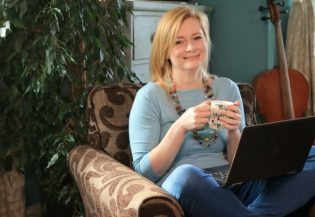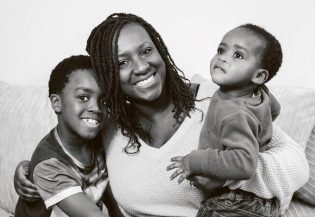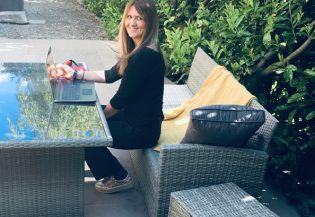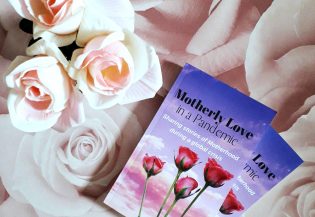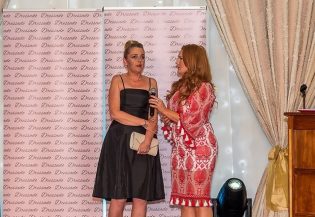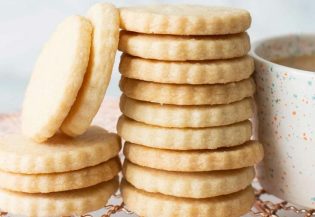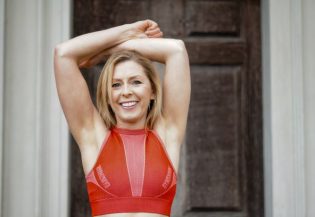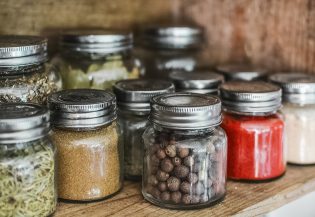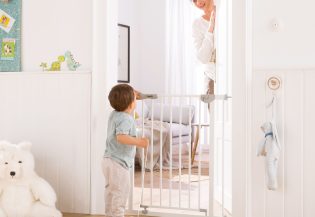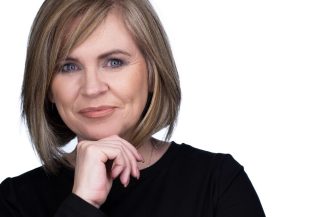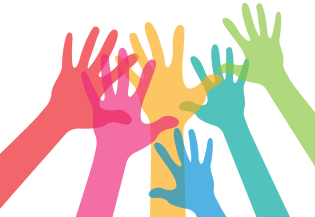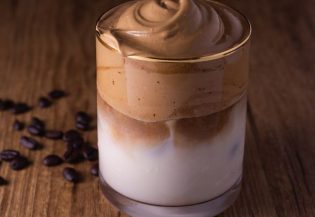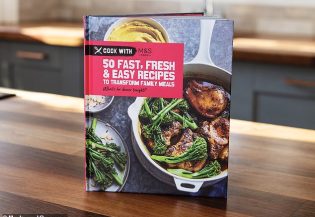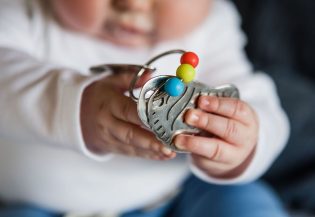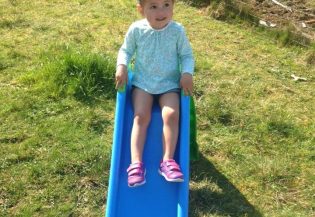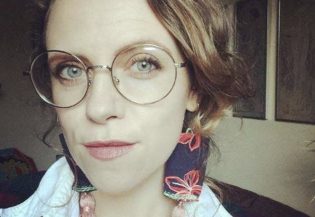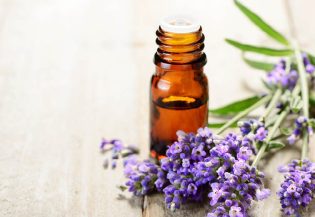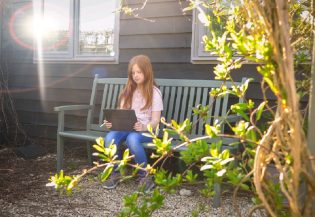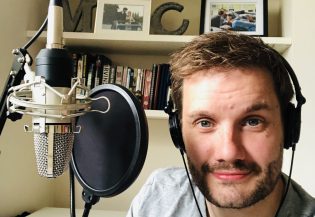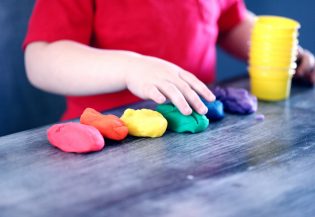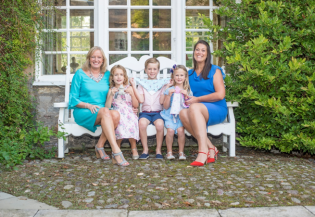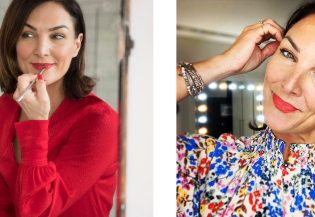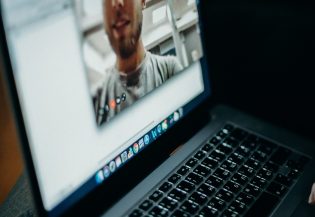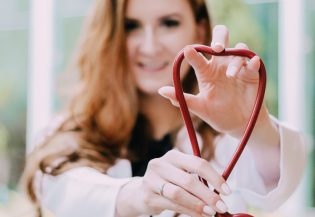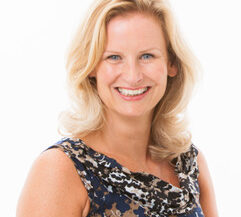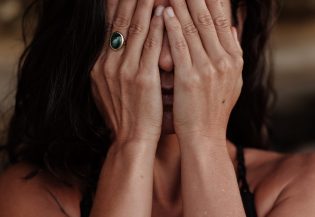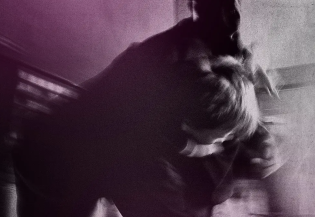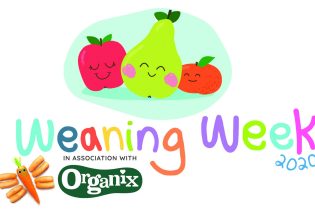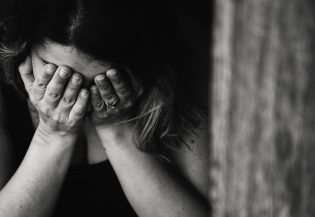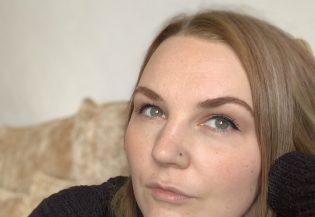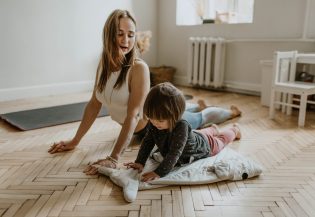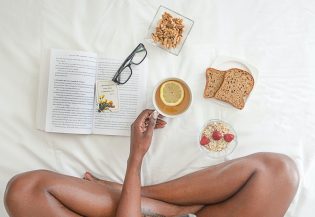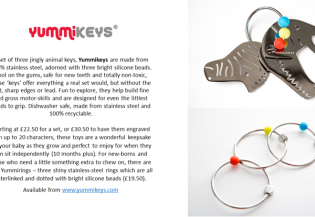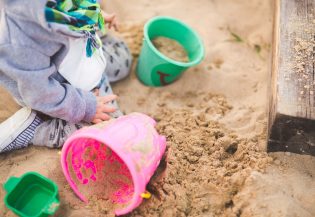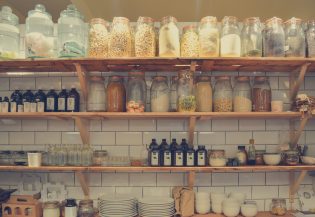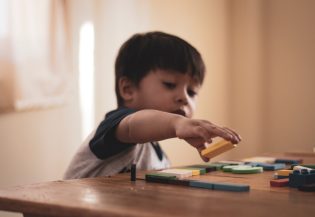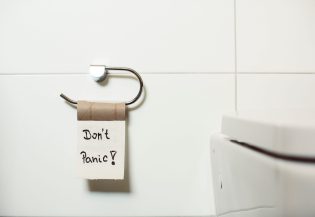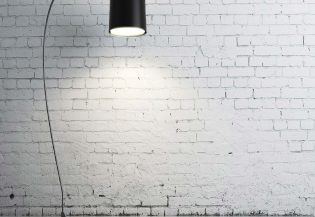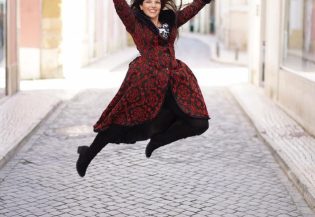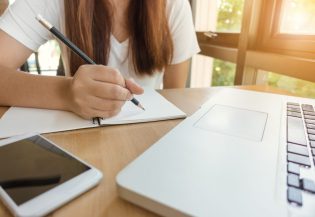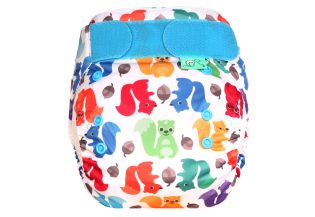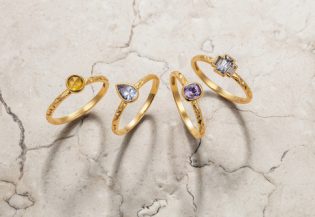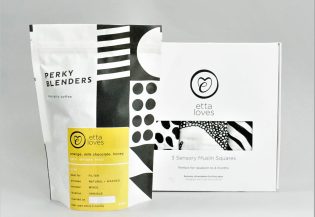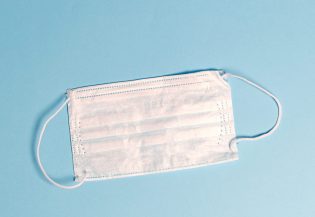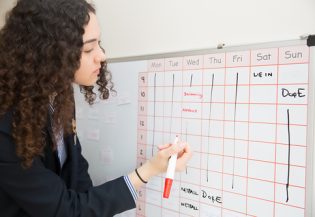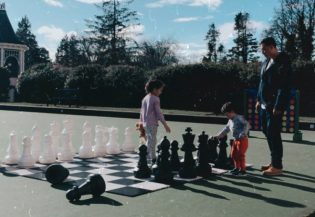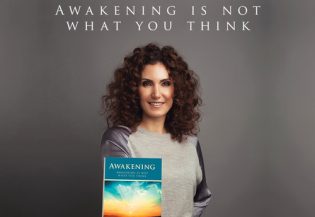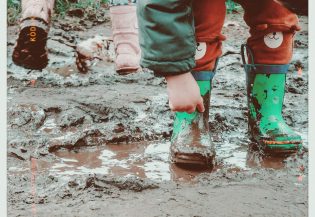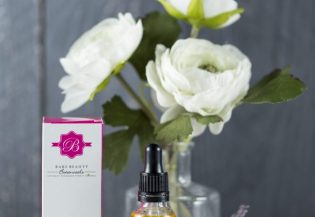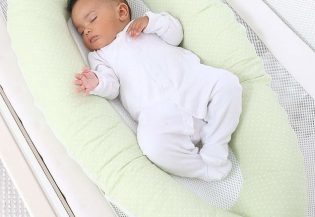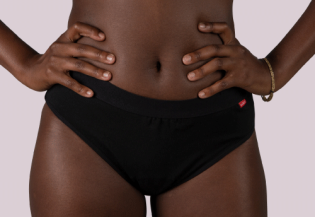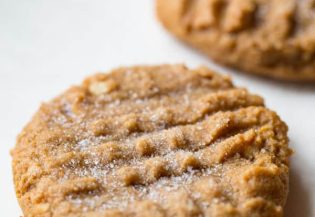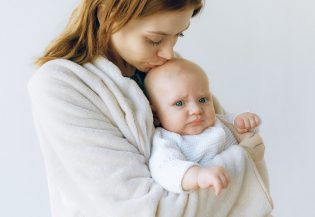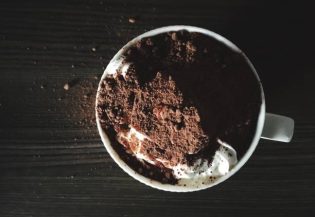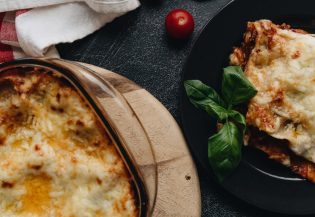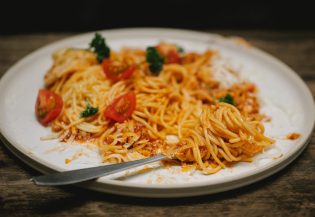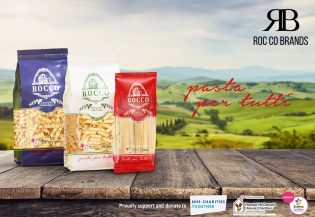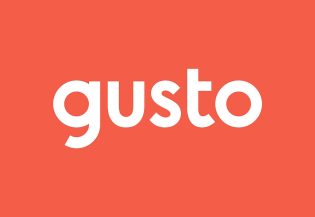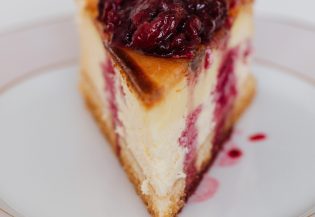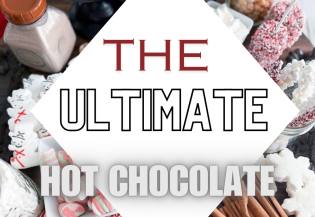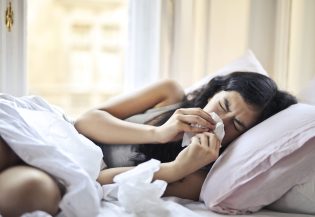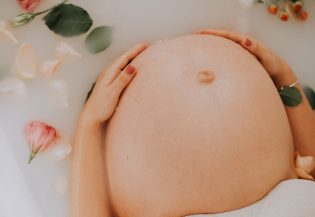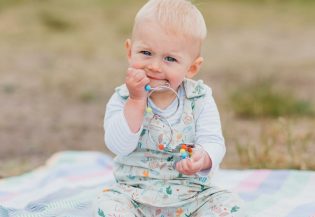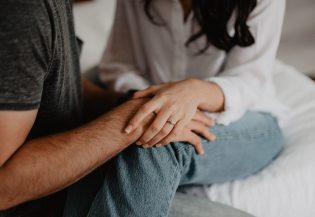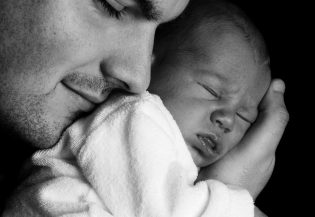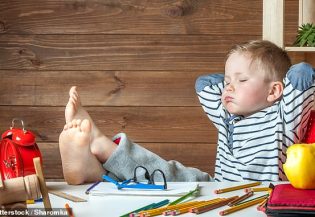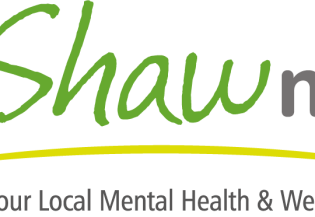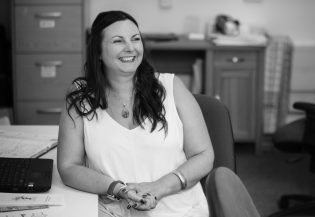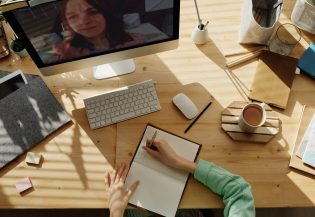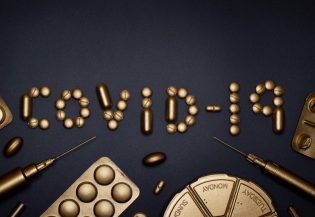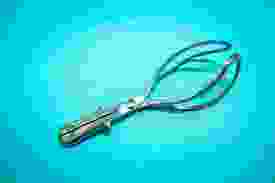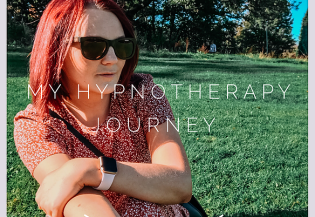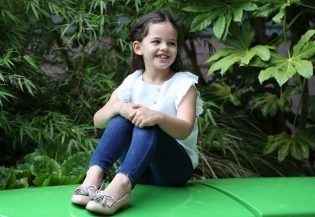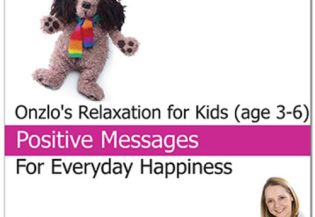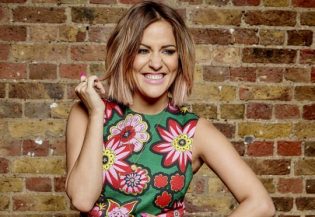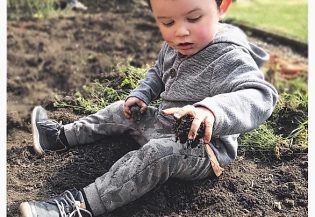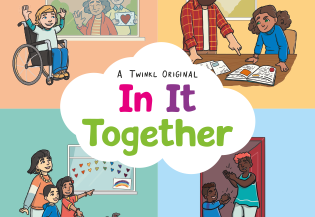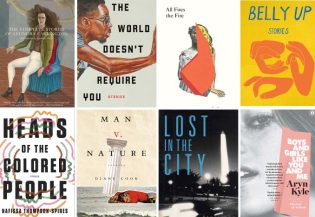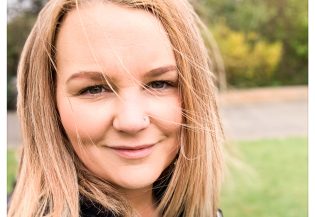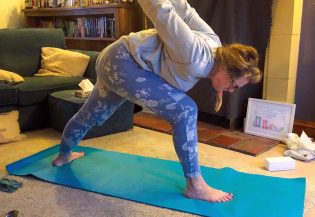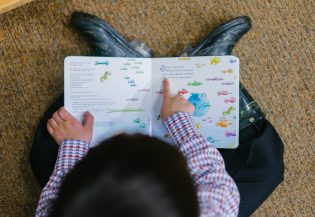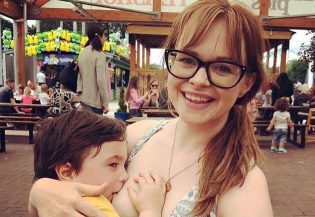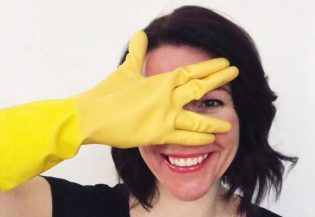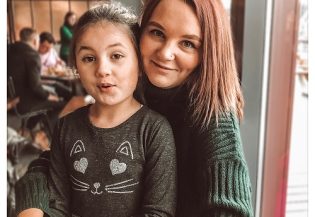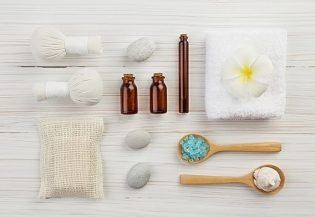Motherhood & Wellness
Motherhood & Wellness
It can be tough to juggle the requirements of motherhood let alone considering other
responsibilities such as work, caring for other family members, maintaining relationships
with your spouse and also friends.
For many of us, it can be challenging to maintain a good balance, be the best in all domains
and take care of ourselves! This is SO IMPORTANT and is often considered last but I
challenge us to take care of ourselves FIRST. If we want to be able to continue caring for
others in our lives in a consistent and sustainable way, then we need to ensure we have the
energy to look after those that we love.
Motherhood & Wellness
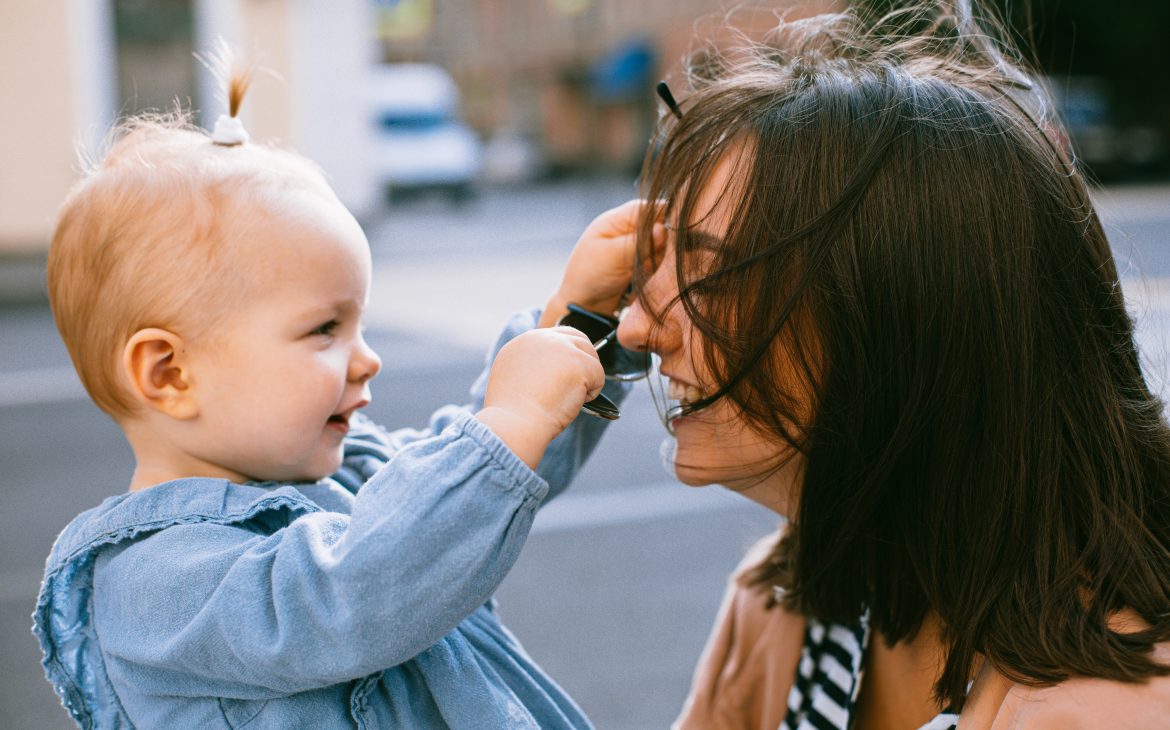
Taking care of ourselves involves being aware of AND managing personal stress. Personal
stress can be divided into two domains – physical and emotional stress. Many women may
experience physical stressors such as pregnancy, breastfeeding, trying for a baby, postnatal,
lifting and urogynaecology problems after childbirth. Emotional stressors could include
trying for a baby, pregnancy, pressure to breastfeed, postnatal blues, pressure to snapback,
being available for the kids at all times, concerns about changing body image or keeping up
with your friends.
We must be able to recognise emotions and physical sensations. Although there are separate
entities, there can be a link between physical and mental pain or stress if it’s left unrecognised
for long periods of time.
My research into this topic revealed some interesting facts. A study compared mums’ activity
levels in 2010 compared to 1965. This study looked at 50,000 diary days of American mums
over the 45 year period.
Motherhood & Wellness
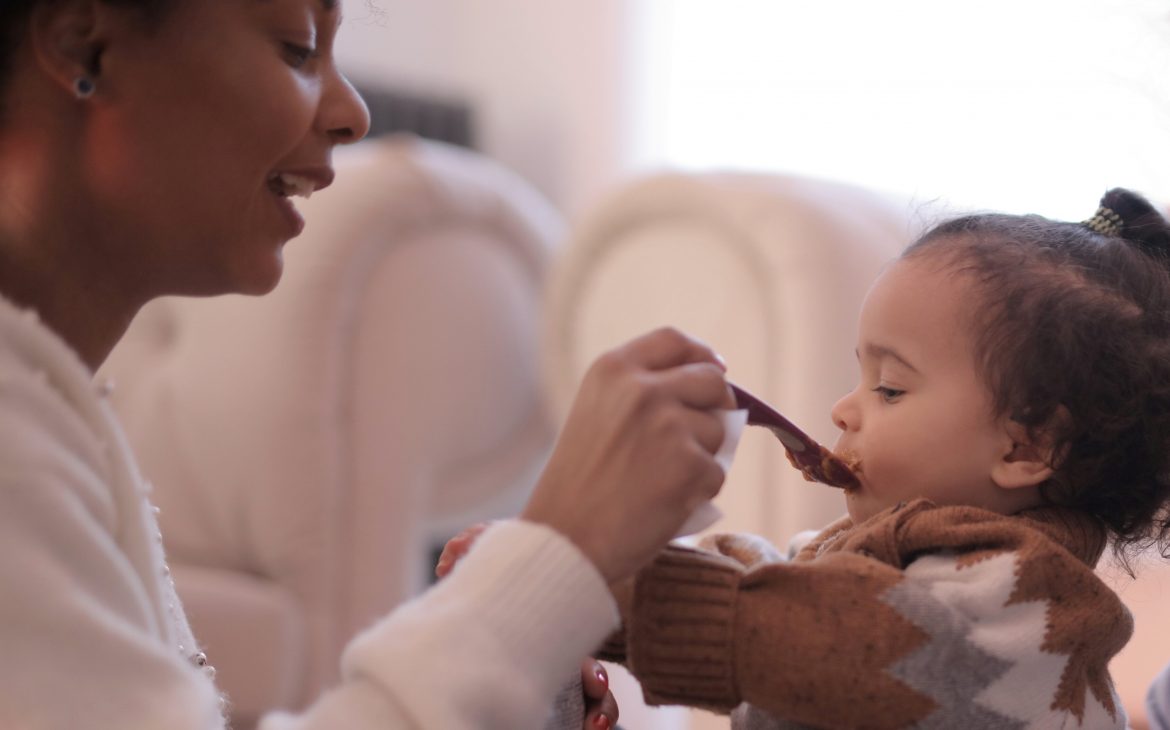
- How many hours a week was allocated to physical activity in 2010 compared to 1965? (There was a reduction of 13.9 hours a week for mothers with younger children! Down from 43.6 to 29.7 hours per week)
- How many hours per week is spent on ‘sedentary behavior’ in 2010 compared to 1965? Increase of 5.7 hours a week for mums with younger kids (from 17-22.7 hours)
- How many calories worth of energy is spent per week doing physical activities in 2010 compared to 1965 – 1572 calories less per week (from 7690 to 6118 per week)!
The reason why these facts are important is because research shows maternal behaviour has a
profound influence on children’s development, and may influence children’s subsequent risk
of obesity and chronic disease. The positive thing about this is that by becoming a healthy
and active mum it translates to your children, leading to more active kids, and that makes for
a healthier family, and a fitter future, something every parent wants for their children.”
It’s easy to say, well let’s all become really active then like the mums in 1965! Well, it’s not
that easy and life as a mum in 2021 could not be any more different even if we tried,
compared to motherhood in 1965.
There are many barriers to exercise that mum’s may experience.
A survey of 1,000 mothers which revealed 61 per cent felt that exercising made them worry
they were neglecting their responsibilities. Only 17% of them considered exercise as a top
priority outside work. Lack of time was the biggest barrier to exercise. Interestingly 21% of
those asked said the cost was too high.
Motherhood & Wellness
Lack of time is often reported as the major barrier to being active. While it’s true that the pace
of life today seems faster than ever, I know that we all find some time to surf the net, hang
out on Instagram or Youtube, or watch Real Housewives or Love Island? We all find the time
to eat, brush our teeth or shower? Think about the time in our day as an empty bucket. Big
rocks placed in them represent really important stuff like family/friends/physical
activity/personal growth time. But there are lots of spaces in between the big rocks that can
be filled with smaller rocks representing the less important but necessary things e.g. work,
travelling time.
By shaking the bucket and moving it around we can still fill the smallest
cracks with sand representing unimportant time wasters in our day. The point of this is not to
represent how much we can jam in but to show if we don’t put the big rocks in first, we won’t
get to them as the other stuff will fill the time. So it’s better to plan ahead and decide before
the day starts when you will fit in being active. We have to choose to make the change. If
there isn’t time for 30 mins, then 3 x 10 mins of activity can still be very effective.
Some people feel embarrassed which I can definitely relate to, but even if you’re doing 1 lap
around a field, this is still better than sitting on the sofa!
For those where finances are a barrier – You don’t need expensive equipment or gym
memberships to be active. There is plenty you can do with minimal equipment—you can be
your own gym! Our Fitness Doctor @FitDocFolu has got tons of videos on her Instagram for
easy at home workout routines.
For those who say exercise is boring? Make it enjoyable – audiobook, plan exercise date
with friends, go dancing! I’ve signed up to play tag rugby for the next 10 weeks, with no idea
how to play or survive on the pitch. But I’m up for the challenge – the physical, mental and
social benefits will be immense!
Childcare can be an issue. There are gyms and leisure centres that have creches or child
activity classes that can look after your children while you exercise so you don’t feel guilty as
they will be having a great time! Furthermore I really encourage family based exercise – this
can be done by going on park walks or hiking trips. Hiking is something that I would really
love to become more popular within ethnic communities.
Motherhood & Wellness
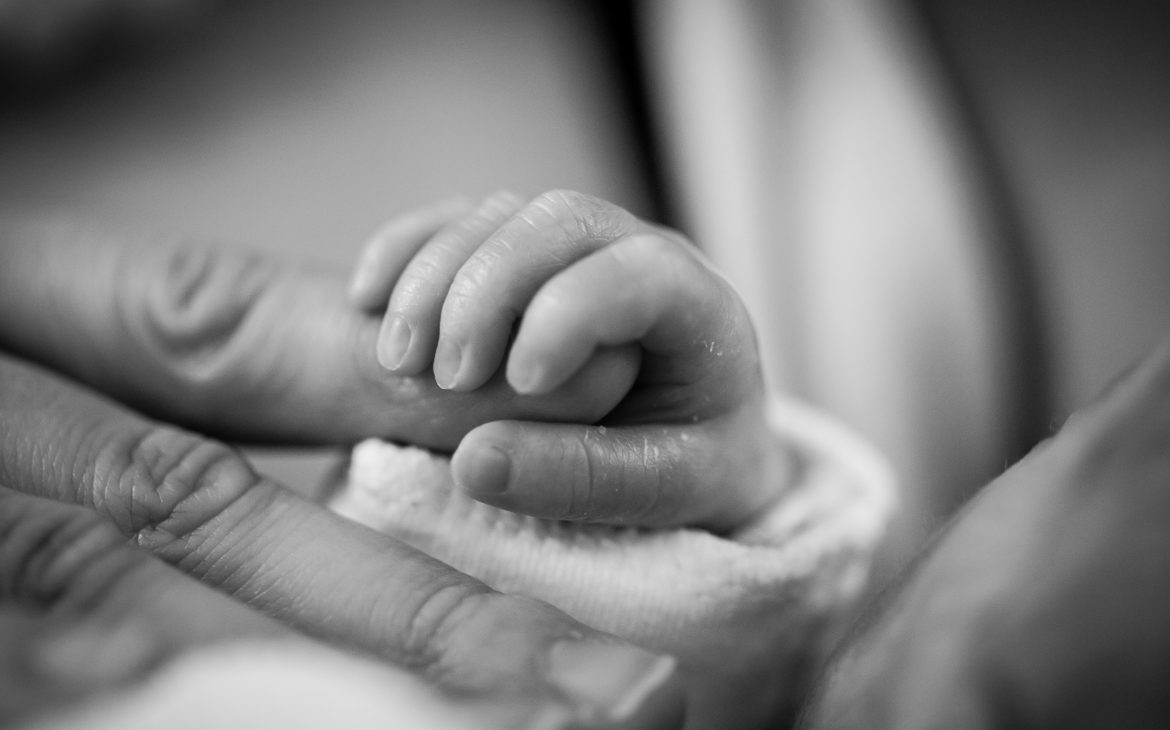
Understanding exactly how things affect my physical and mental health has often driven me
to be passionate about a topic. That’s why I want to share how exercise can benefit you and
help you become an even better mother!
Exercise is an immune system boost – everything needs balance. Moderately active people
have a 20-30% lower risk of getting a cold than sedentary people, but people who do extreme
exercise have the highest risk – ie. Extreme exercise suppresses the immune system, a
moderate amount helps it
Exercise is a stress reliever – Stress can have an effect on the development of hypertension
and high cholesterol levels and these are chronic diseases that kill. These are no longer a
disease of old age, it is something that affects many people nowadays who are relatively
young. Repeated exposure to stress causes release of cortisol and adrenaline which can cause
quick peaks in blood pressure but can also lead to persistently low energy levels when are
adrenal glands which make the stress hormone get tired of working so hard.
Exercise helps cholesterol balance – it can reduce our bad cholesterol by enhancing the
reverse cholesterol transport system and increase HDL (a good cholesterol)
Exercise can boost your self esteem. Regular physical activity can help you not only feel
good in yourself, it can also help you feel good about yourself. It improves a person’s
perception of their physical condition and body attractiveness, and increases their sense of
physical self-worth/esteem.
Feeling good about yourself and how you look is probably one of the most powerful motivators to be physically active for most people—call it vanity we can all be vain, but it really is a powerful driver. Importantly, it is not how we look that matters most, but how we feel about how we look that really counts. And regular exercise helps with both.
Motherhood & Wellness
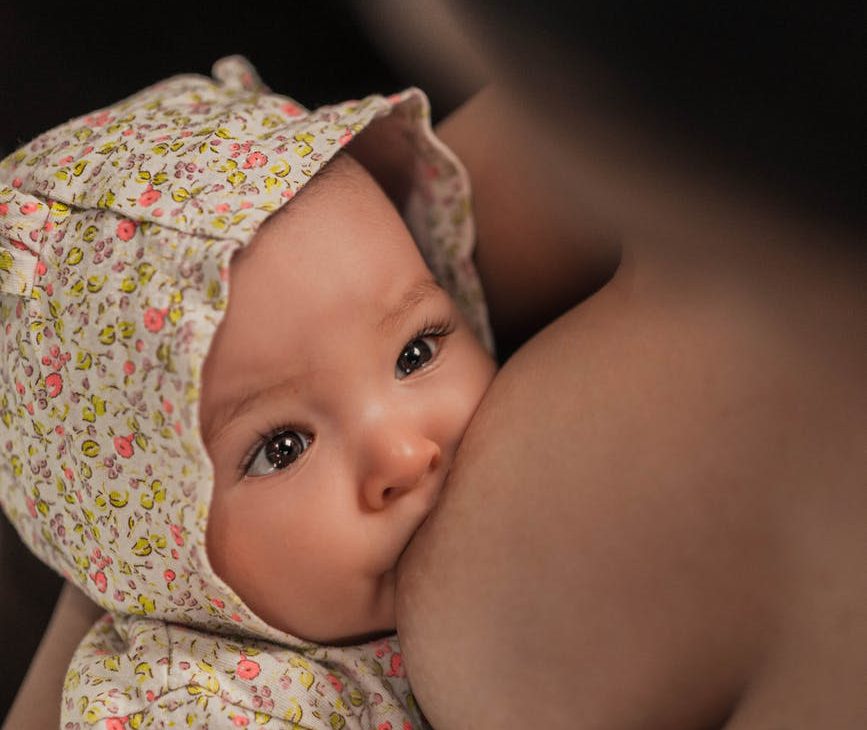
Exercise boosts energy so within reason when it comes to exercise “The more you give, the
more you get”. Your body expands its energy reserves by the “overload principle”—when
you push your body beyond what it is used to, it responds by adapting to cope and function
better in the future. This is why muscles get stronger in response to lifting weights and the
heart gets more efficient in response to brisk walking
Exercise lifts your spirits—I picture exercise as an antidepressant. People who exercise
regularly are less likely to become depressed and some studies have reported it is as effective
as a low dose antidepressant for mild to moderate depression. It stimulates the release of
mood-enhancing chemicals called endorphins in your brain, especially intense exercise.
Incredibly, endorphins have similar effects to opiate drugs in that they reduce pain and make
you feel euphoric – so get your daily fix ladies!
Has anyone found that exercise helped them sleep better? Poor quality or length of sleep
makes us feel rubbish! Physical activity can burn up the stress hormones that keep us awake
at night. Stressful lives trigger our “fight or flight” response, so when we are pumped up but
don’t have to run away from a lion or fight a bear, we can find ourselves lying awake staring
at the ceiling. Expending energy during the day by engaging in physical activity can help
calm us down for a restful night’s sleep. Early in the day is the best time to exercise if you
suffer insomnia, so you have plenty of time to “come down” from the stress-relieving
activity.
Moving on to memory. We all want to be sharp when we’re old right? I know I want to be
that cool grandma who is telling stories of when I was young and monitoring things like a
hawk. Exercise can help us do by increasing blood flow to the brain and enhancing cognition
and brain function. Regular physical activity decreases mental decline in older people,
protects against a shrinking brain that happens with age, and enhances learning and
memory—improvements in learning can occur after just one week of regular exercise.
In summary, we have covered the difference between physical and emotional or mental stress,
some interesting statistics, some barriers to exercise for mums in particular, discussed exactly
how exercise supports your physical and mental health which can counteract some of our
environmental stressors and why exercising helps us be better mum’s!
I share stuff like this across my social media and I also have a newsletter that goes into a bit
more detail about the latest updates in health that I know you will all find useful. Pop over to
www.mahaah.co.uk to check out our amazing blogs and follow us @mahaahofficial on
instagram for interesting health tips. I also offer a free 5 minute telephone enquiry should you
want to speak to me directly to find out how I may be able to help.
I want to leave you with this thought. What are your biggest motivators? What drives you to
want to be fit? I hope that some of the topics I have covered today can act as inspiration or
motivators to be consistent with the habit of being active, rather than pressures from social
media to look or behave a certain way.
Yes we all get stressed and we all want to be well but
my question to you is what is your why when it comes to exercise?
Motherhood & Wellness

Website –www.mahaah.co.uk
Instagram –https://www.instagram.com/mahaahofficial/
Motherhood & Wellness
Dr Gabrielle Macaulay is a family medicine doctor with over 10 years’ experience in the medical field. She has a First Class Honours BSc degree in Diabetes and Endocrinology and qualifications include diplomas from the Royal College of Obstetrician and Gynaecologists and The Faculty of Sexual and Reproductive Medicine.

